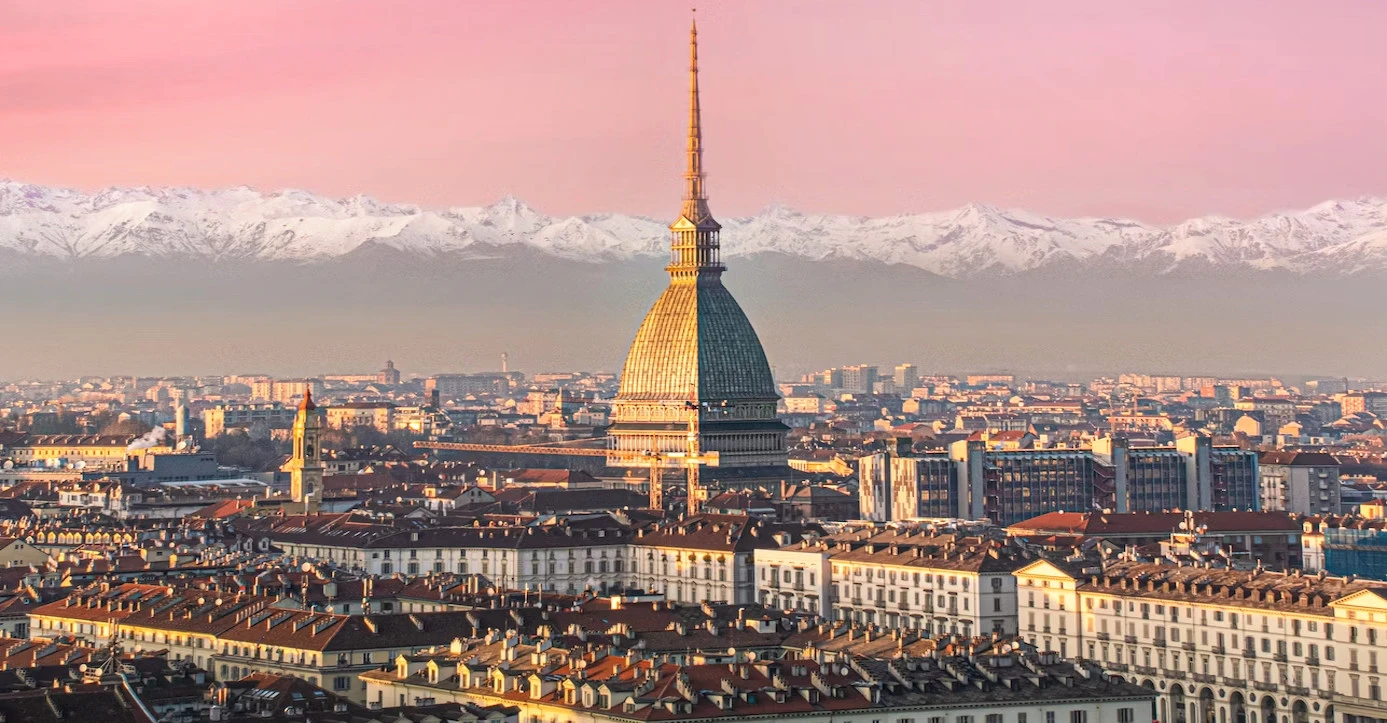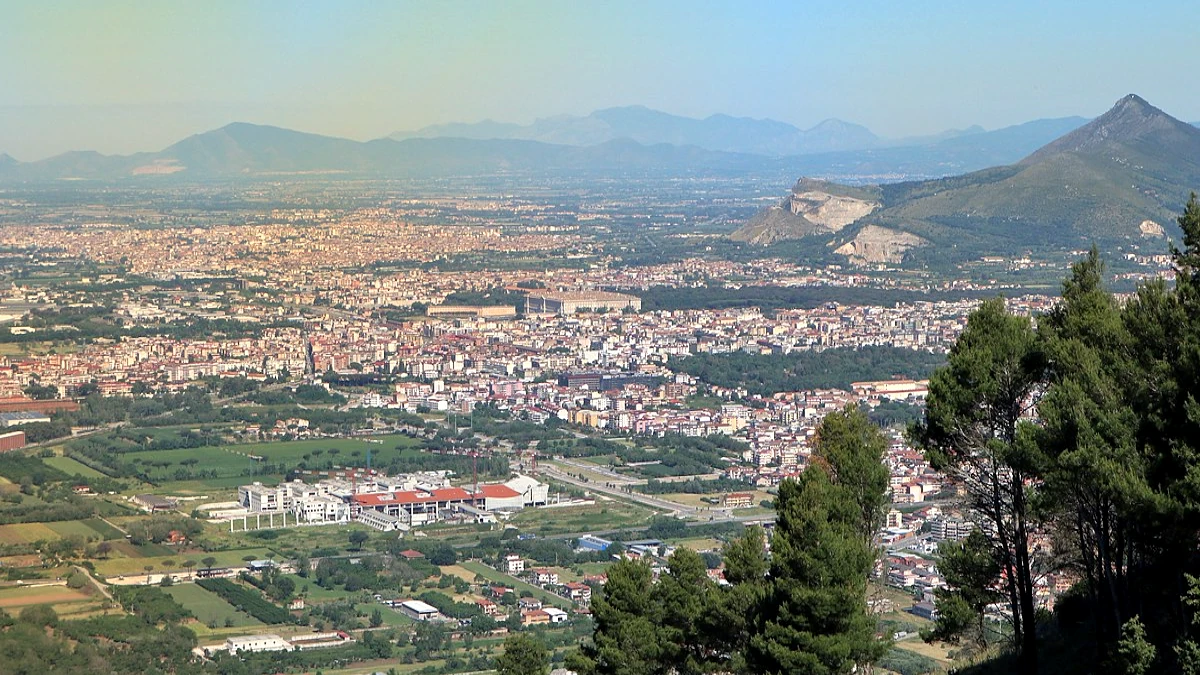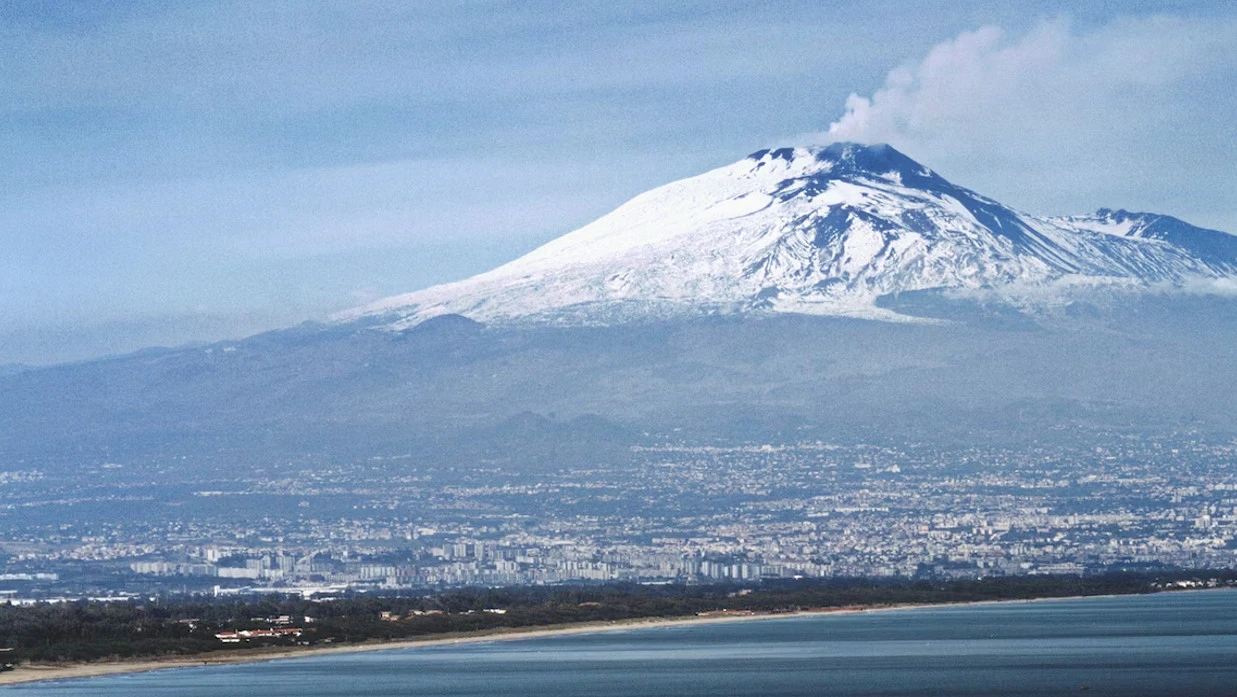Living in Venice
Venice is one of the most beautiful and unique cities in the world, attracting millions of visitors and admirers every year.It is a city built on water, with hundreds of islands, canals and bridges, creating a stunning and romantic scenery.
Living in Venice as an expat can be both rewarding and challenging.
You can enjoy the benefits of living in a historic and artistic city that offers a lot of culture and charm, but the price for this is that the city is crowded, expensive and prone to flooding.
Venice is the capital of the Veneto region and the former seat of the Republic of Venice, a powerful maritime state that lasted for over a millennium.
It has about 260,000 inhabitants, but only 55,000 live in the historic center, while the rest live on the mainland or other islands.
Venice is a UNESCO World Heritage Site and a global tourist destination. It is known for its landmarks, such as St. Mark’s Square, the Doge’s Palace, the Rialto Bridge and the Grand Canal.
It has a GDP of about €35 billion ($43 billion), making it the 12th richest city in Italy and one of the most prosperous in Europe.
Search for:
What is Venice like?
Venice is a cultural and artistic city, with a rich and diverse heritage.It is home to people from different origins, religions and languages, who have shaped the city’s identity and character.
Venice is also a cultural and artistic hub, with a long and illustrious history and legacy.
It hosts many museums, galleries, churches, palaces and festivals, covering various fields of interest, such as art, music, literature, theater, cinema, architecture and crafts.
Some of the most famous cultural attractions in Venice are the Basilica of St.
Mark, the Peggy Guggenheim Collection, the Biennale, the Teatro La Fenice, the Ca’ Rezzonico and the Scuola Grande di San Rocco.
Climate
Living in Venice means experiencing a humid subtropical climate, with hot summers and cool winters.In the summer, it’s warm and muggy, and you can enjoy the breeze and the water.
In the winter, it’s chilly and foggy, and you can admire the mist and the lights.
The spring and the autumn are moderate and variable, with some rain and some sun.
You can see the colors and the reflections, and enjoy the festivals and the events.
Venice is prone to flooding, especially in the autumn and the winter, due to the phenomenon of acqua alta (high water), caused by the combination of high tides, low atmospheric pressure, and strong winds.
The water level can rise up to 1.5 meters (5 feet) above the normal level, submerging parts of the city.
To cope with this problem, the city has installed a system of mobile barriers, called MOSE, to protect the lagoon from the sea.
Economy
Venice is a tourism-driven city, and one of the most visited destinations in the world.It has a flourishing and diverse economy, based on sectors such as tourism, trade, crafts, culture, and services.
It is also a historic and strategic port, connecting the Mediterranean and the Adriatic Sea, and facilitating the exchange of goods and people.
However, Venice also faces some economic challenges, such as the high cost of maintenance, the environmental impact of tourism, the depopulation of the historic center, and the competition from other ports and cities.
The city authorities have implemented various policies and initiatives to address these issues, such as promoting sustainable tourism, preserving the cultural heritage, supporting the local businesses and crafts, and enhancing the quality of life.
Education
Venice is a cultural and academic city, with a large and diverse student population.It has several public and private universities and colleges, offering a wide range of courses and degrees, from humanities and arts to science and technology.
Some of the most prestigious and renowned academic institutions in Venice are the Ca’ Foscari University, the IUAV University of Architecture, the Venice International University, and the European Inter-University Centre for Human Rights and Democratisation.
The city also has many international schools, catering to the needs of expat families and children.
Some of the most popular and reputable international schools in Venice are the International School of Venice, the Lycée Français de Venise, the Scuola Internazionale di Venezia, and the Venice International School.
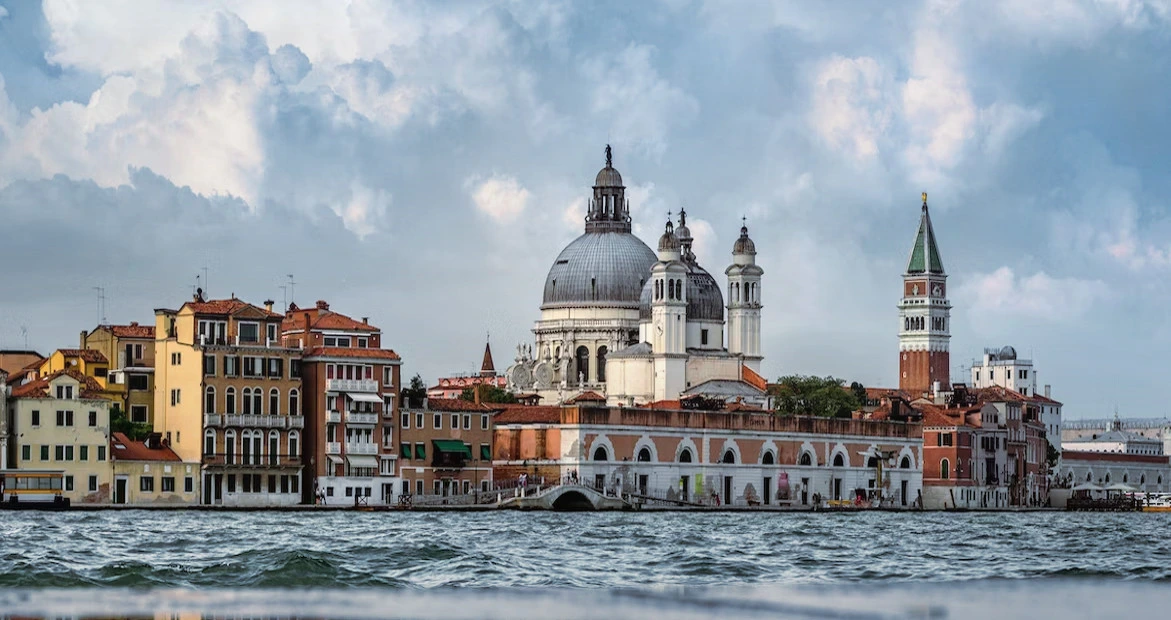
Cost of living in Venice
The cost of living in Venice is high compared to other Italian cities. It is the second most expensive city in Italy, after Milan, and one of the most expensive in Europe.A family of four estimated monthly costs are €4,216 without rent, and a single person estimated monthly costs are €2,436 without rent.
Rent in Venice is also high, especially in the historic center.
For example, a one-bedroom apartment in the city center costs about €900 per month, while a three-bedroom apartment costs about €1,800 per month.
The prices of food, transportation, utilities, and entertainment are also higher than the national average.
Is Venice safe?
Venice is a safe city for tourists and expats, with a relatively low crime rate compared to other major cities in Italy and Europe.However, some precautions are recommended, especially in certain areas and situations.
The most common crimes in Venice are pickpocketing, bag-snatching, scams and vandalism, which usually target crowded and touristy places, such as St.
Mark’s Square, the Rialto Bridge, the vaporetto and the gondola.
To avoid these risks, it is advisable to be vigilant and careful, to keep your valuables close and secure, to avoid suspicious or aggressive people, and to report any incident to the police.
Venice is also generally safe at night, but it is better to avoid walking alone in dark and isolated streets, and to stick to the well-lit and busy areas.
Pros and cons of life in Venice
| Pros | Cons |
|---|---|
| Beautiful and unique city | Expensive city |
| Rich culture and history | Crowded and noisy |
| Romantic city | Flooded |
| Well-developed water transportation | Not very friendly to foreigners |
| Close to other nearby islands | Language barrier |
| Many natural beauty and wildlife | Hard to make friends and integrate |
| Cultural and artistic city | Slow-paced and conservative lifestyle |
| Italian and Venetian languages | Hot and humid climate |
| Historic and artistic legacy | |
| High quality of life |
Advantages of Living in Venice
Overall, Venice is a beautiful and unique city, with a rich culture and history.You can explore its many attractions, such as churches, palaces, museums, and festivals, and immerse yourself in its charm.
It is also a romantic city, with its scenic canals, bridges, and gondolas, and a lot of cozy restaurants and cafes.
The city has a good water transportation system, which makes it easy to get around and to other nearby islands, such as Murano, Burano, and Torcello.
Not only that, but you can also enjoy its natural beauty and wildlife, where you can see dolphins, flamingos, and herons, or its sandy beaches and lagoons, where you can relax and swim.
Venice is a cultural and artistic city, where you can meet people from different origins and backgrounds, who have contributed to the city’s identity and character.
Italian is the main language spoken here, but you can also find people who speak Venetian, a dialect with influences from French, Spanish, and Greek.
The city has a historic and artistic legacy, which offers you many opportunities for learning and appreciation.
Venice has a high quality of life, with excellent education, healthcare, and social services, which ensure your well-being and happiness.
Disadvantages of Living in Venice
Venice can be expensive and challenging to live in.You can face difficulties in finding affordable housing, especially in the historic center, where the prices are very high.
You can also spend a lot on food, utilities, entertainment, and healthcare, which are higher than the national average.
The city can be crowded and noisy, especially during peak tourist season, when it is full of visitors and events.
It can also be flooded, with the phenomenon of acqua alta (high water), which can submerge parts of the city and damage the buildings and infrastructure.
Venice is not very friendly to foreigners, and the language barrier can be a challenge, especially if you don’t speak Italian or Venetian.
You can also have trouble making friends and integrating into the local community, which can make you feel lonely and isolated.
Moreover, the city can have a slow-paced and conservative lifestyle, which can be boring and frustrating, especially if you are looking for more excitement and diversity.
In addition to that, compared to other parts of Italy, Venice can have a hot and humid climate, with muggy and rainy summers, which can make you feel uncomfortable and sweaty.
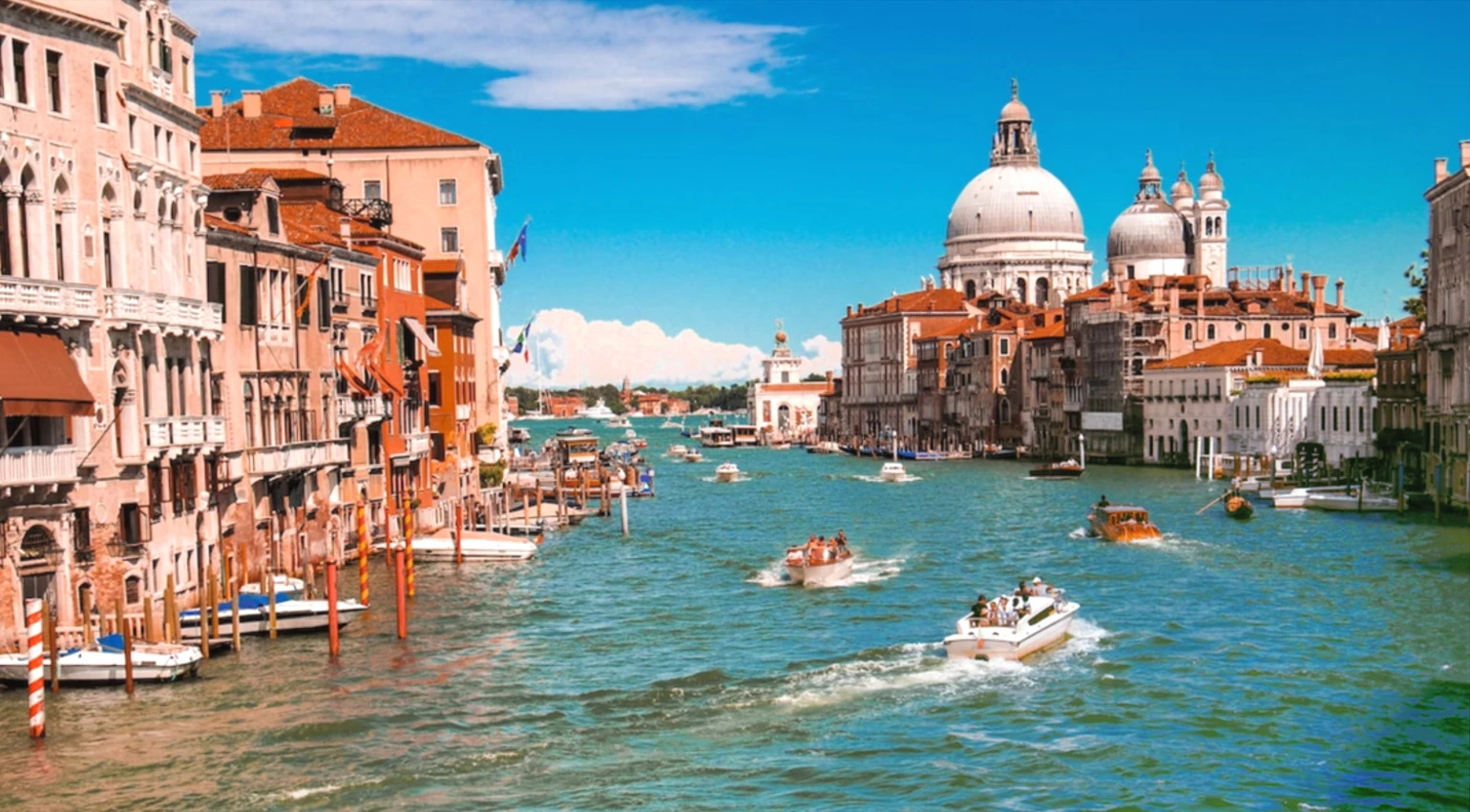
FAQs
What is Venice like for foreigners?
Venice is a historic and artistic city that attracts many expats from different countries and backgrounds.It is a city built on water, with hundreds of islands, canals and bridges, creating a stunning and romantic scenery.
Living in Venice as an expat can be both rewarding and challenging.
You can enjoy the benefits of living in a cultural and artistic city that offers a lot of charm, beauty, and heritage, but you also have to deal with the high cost of living, the environmental issues, the depopulation and the tourism.
Some of the best areas for expats to live in Venice are Dorsoduro, Cannaregio, Castello and Giudecca.
What is Venice like for students?
Venice is a popular destination for students who want to study in Italy or abroad.It is a city that offers a wide range of academic programs, from humanities and arts to science and technology, from public and private universities to international and prestigious institutions.
Students in Venice can benefit from a stimulating and creative learning environment, a lively and diverse student community, a rich and varied cultural offer, and a lot of opportunities for internships and career development.
However, students in Venice also have to cope with the high cost of living, the limited availability of accommodation, the environmental impact of tourism, and the complex bureaucracy and regulations.
What is Venice like for women?
Venice is a great city for women who want to immerse themselves in a rich cultural experience.It is a city that respects women and offers them a lot of opportunities in various fields, especially in culture, education, tourism and crafts.
Women in Venice can enjoy a high quality of life, a safe and secure environment, and a lot of resources and services.
In fact, many women have reported feeling safe walking around Venice at night, even as solo travelers.
However, women in Venice also face some challenges, such as the gender pay gap, the lack of career advancement, the work-life balance, and the social pressure to adapt to the local culture and lifestyle.
What is Venice like for LGBTQ people?
Venice has a complex but colorful history for the LGBTQ+ community. Venice is very tolerant, laid-back and easy-going, but it also lacks a strong queer community in the city.In addition to this, Venice’s gay scene is oriented almost solely towards gay men, with very few opportunities for queer women or transpeople to explore their sexuality in the city.
Is Venice walkable?
Venice is a city that has a very high level of walkability, as it is entirely built on water and has no cars or roads.It also has a unique and charming urban layout, with canals, bridges, squares, and alleys, that invites exploration and discovery.
Venice also has a reliable and efficient public transport system, with water buses, water taxis, and gondolas, that allows easy and fast navigation through the city and the lagoon.
However, Venice also has some challenges for walkers, such as high water levels, flooding, and erosion, that affect the accessibility and safety of the city.
Venice also suffers from over-tourism, overcrowding, and gentrification, that threaten its authenticity and sustainability.
